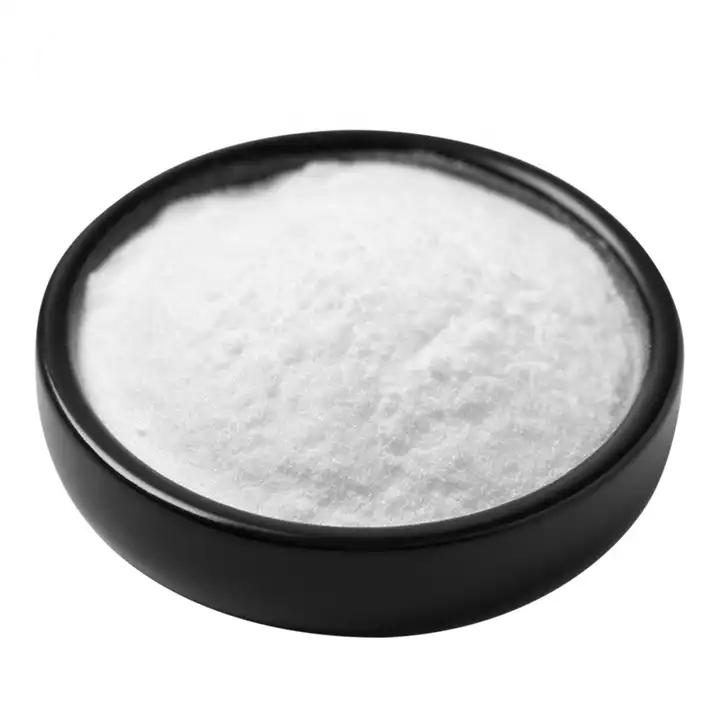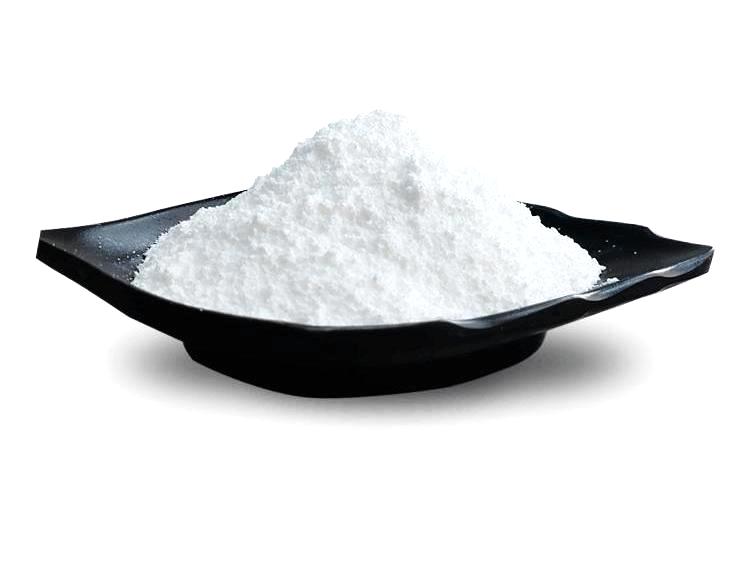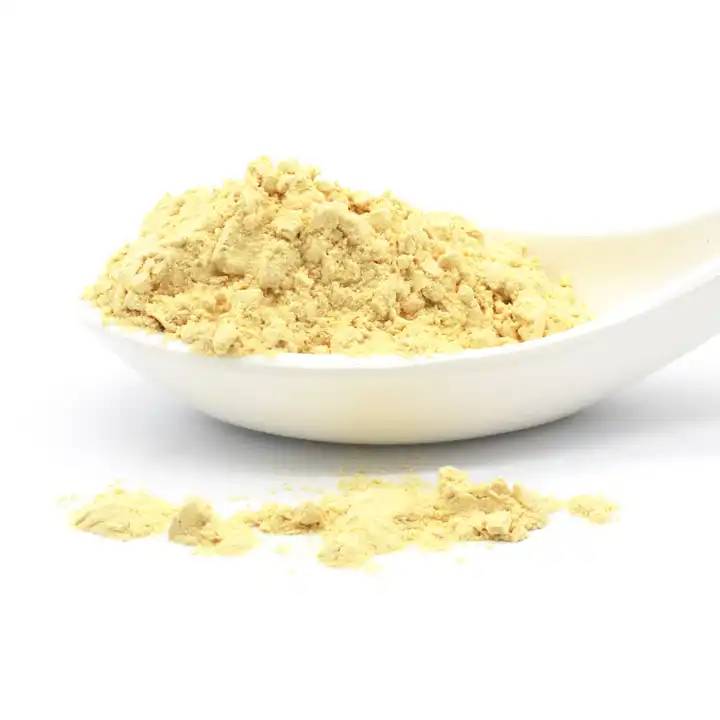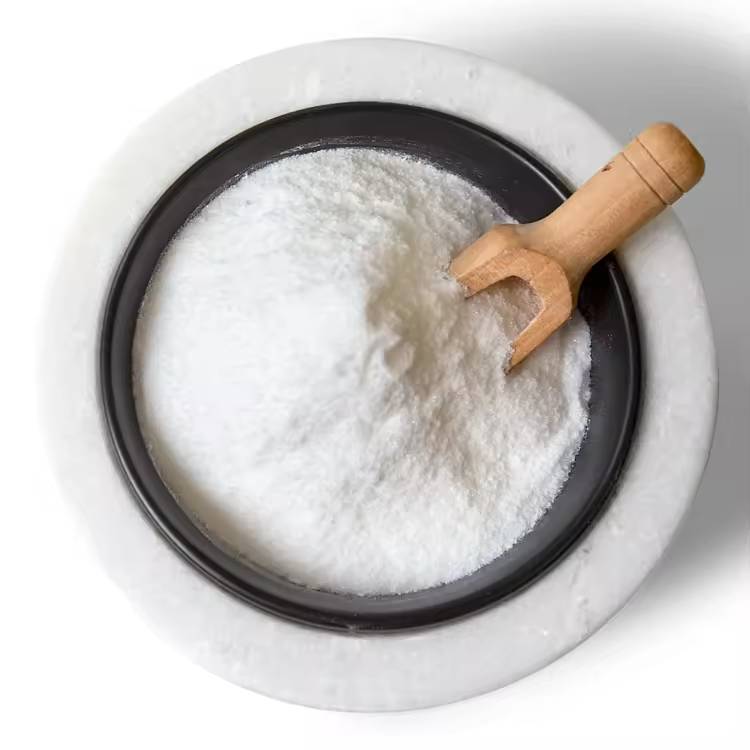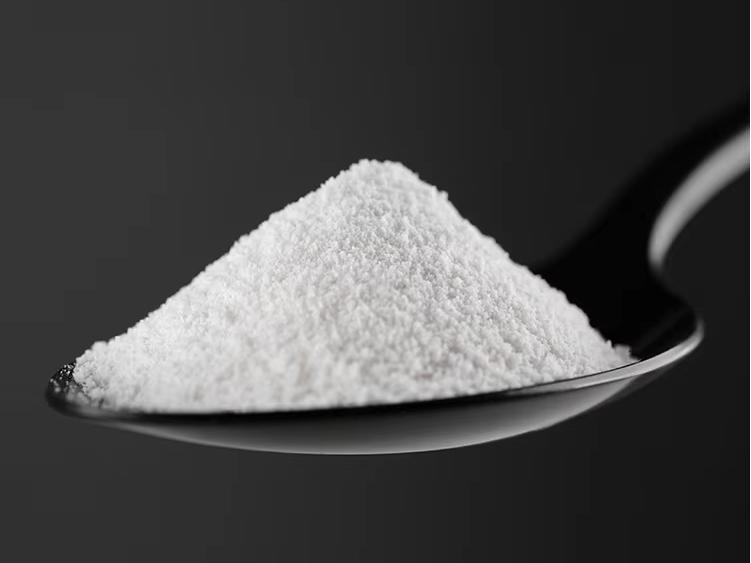BCAA Amino acid Powder 2:1:1
Especificación :2:1:1
Método de ensayo: valoración
Aspecto: polvo fino blanco a blanco
Residuos de plaguicidas: cumplir con la norma (CE) n º 396/2005
- descripción
- Hoja de datos
- Certificado de certificado
-
¿Qué es el polvo de aminoácidos de BCAA?
Branched-chain amino acids (BcAAs) are composed of leucine (Leu), isoleucine (I1e), and valine (Val), and are so named because of the prominent branched chains in their carbon skeletons. All three amino acids are essential amino acids that cannot be synthesized in the body and need to be provided by food protein. Studies have shown that branched-chain amino acids have the effect of resisting central fatigue and muscle fatigue. The enhancement of anti-fatigue ability can not only effectively ensure the quality of exercise, but also help to improve the ability to exercise, and at the same time can promote the recovery of fatigue, to avoid sports injuries.
La tecnología de primavera verde suministra el polvo de aminoácidos BCAA, que adopta la tecnología de microcápsulas#39;s única capa de enmascarde sabor, que reduce significativamente la amargura de BCAA y lo hace más aceptable para el paladar, y forma una protección estable y un sistema de entrega eficiente, que puede mejorar significativamente la biodisponibilidad.
Green Spring Technology is a leading biotechnology company in China with more than 20 years of experience in plant extracts, dedicated to supplying nutritional additive raw materials, natural colors, cosmetic raw materials, and so on. Our products are manufactured to the highest international industry standards, complying with EU EC396, EU 2023/915, and the highest solvent residue standards. Green Spring has obtained Halal, Kosher, COSMOS, BRC, IFS, FDA, ISO9001, ISO22000 and many other certificates.
Especificaciones:
Nombre del producto
Polvo de aminoácidos BCAA
especificación
'2:1:1
Método de ensayo
valoración
apariencia
Polvo fino blanco a blanquecino
Residuos de plaguicidas
Cumplir con la norma (CE) n º 396/2005
Reglamento:
Se ajusta a la normativa de la UE.
¿Busca un presupuesto?Benefits:
Promote Muscle Building
BCAAs can participate in the metabolic energy supply of prolonged and sustained exercise, reduce myoglycogen depletion and promote muscle protein synthesis. At the same time, supplementation of exogenous BCAAs can reduce exercise-induced increases in serum enzyme activity, lipid peroxidation and can prevent the occurrence of calcium overload and reduce the fatigue caused by tryptophan through the blood-brain barrier to produce 5-hydroxytryptophan (5-HT), so BCAAs play an important role in exercise recovery. By taking BCAAs, the body's metabolism can be shifted towards anabolism, which promotes the recovery of the body after exercise.
Enhance Athletic Ability
BCAAs are extremely active in muscle catabolism, and can quickly complete the transamination and oxidation process, and their oxidation efficiency of ATP production is much higher than other amino acids. Studies have shown that the complete oxidation of 1 molecule of leucine, isoleucine, and valine produces 42, 43, and 32 molecules of ATP respectively, and when the body is in a quiet state, this process can even provide about 14% of the energy for skeletal muscle. When the body is in an exercise state, BCAA catabolism can be further enhanced.
Elevated plasma free BCAA content can improve the efficiency of its absorption and utilization by muscles, and timely supplementation during prolonged exercise can provide the body with a timely energy supply, which not only can avoid hepatic absorption and be rapidly utilized by skeletal muscles, but also BCAA can produce glucose and/or be stored as glycogen during gluconeogenesis in the liver, thus reducing the depletion of glucose and glycogen from two pathways. It follows that BCAA supplementation can enhance exercise capacity and/or prolong exercise duration from the perspective of energy supply.
Regulation of Protein Metabolism
The effect of BCAA on protein metabolism is mainly due to leucine, probably because leucine intake increases the expression level of leucine tRNA, which promotes protein synthesis by stimulating the synthesis of polypeptide chains. In addition, the metabolite of leucine, beta-hydroxy-beta-methylbutyric acid (HMB), is a regulator of protein synthesis, and HMB similarly reduces the degree of muscle damage and decreases protein catabolism, inducing a positive nitrogen balance in the body.
Relief of Central Exercise Fatigue
As the duration of exercise increases, blood glucose levels decrease. At this time, the brain will stimulate the process of gluconeogenesis, which is the process by which an organism converts a variety of non-sugar substances into glucose or glycogen. Muscle catabolic products become an important source of gluconeogenesis, leading to an increase in the catabolic metabolism of BCAAs, and a decrease in BCAAs in the circulating blood. 5-Hydroxytryptophan (5-HT) is an important inhibitory neurotransmitter in the central nervous system, and it has the effect of inhibiting polysynaptic reflexes and causing tiredness. 5-hydroxytryptamine (5-HT) is an important central inhibitory neurotransmitter that inhibits polysynaptic reflexes and induces lethargy. 5-HT is metabolized mainly from tryptophan (Trp), which can be transported across the blood-brain barrier into the brain tissue in the same carrier as BCAA.
Thus there is a competitive binding carrier relationship between the two, and when BCAA levels are high, the passage of tryptophan to the brain is controlled. However, when blood BCAA levels are reduced, tryptophan can chelate more receptor carriers into the brain and stimulate 5-hydroxytryptamine synthesis. Therefore, elevated plasma BCAA concentrations inhibit the entry of tryptophan into the brain thereby reducing the production and accumulation of 5-hydroxytryptamine, which in turn has the effect of delaying and impairing central fatigue.
Applications:
For Healthcare Products:
Branched Chain Amino Acids (BCAAS) are composed of isoleucine, leucine, and valine and are essential for the human body. If dietary deficiencies were present, humans would not survive. Muscle is particularly high in BCAAs, and supplementation prevents muscle degradation; BCAAs prevent brain signaling miscommunication and alleviate symptoms of liver disease, bipolar disorder, delayed dyskinesia, and anorexia.BCAAs are often used as supplements to enhance athletic function.
-
Get Your Free COA


 inglés
inglés francés
francés español
español ruso
ruso coreano
coreano Japonés japonés
Japonés japonés



